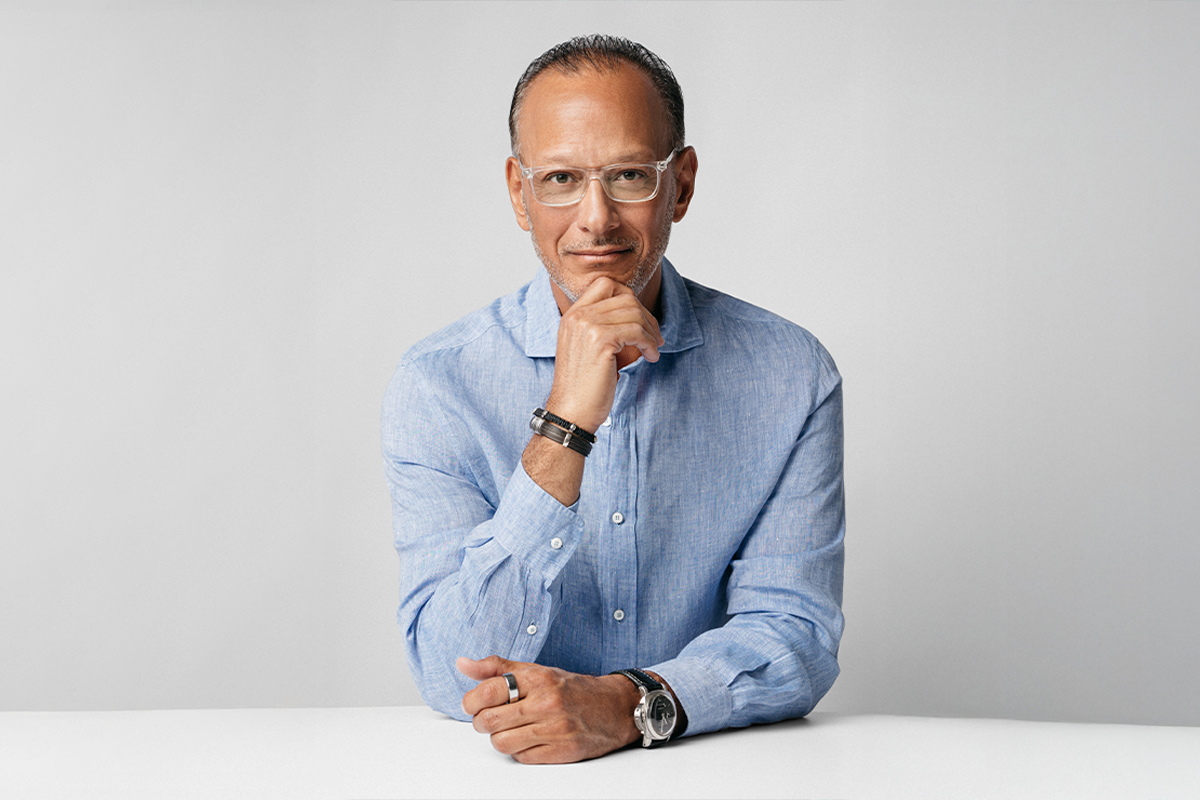PhysioAge Health Analytics CEO on using biomarkers and multi-omics to reveal each patient’s unique aging journey.
As the Global Longevity Summit in Geneva draws closer (28–30 October 2025), excitement is building around its line-up of heavyweight speakers. With a theme of Mastering the Aging Clock: The Science of Longevity, the Summit will bring together leading researchers and clinicians to explore how translational science is reshaping patient care. A particular highlight will be the panel on epigenetics and biological clocks, featuring Dr Joseph Raffaele, longevity clinician and CEO of PhysioAge Health Analytics, Dr Steve Horvath, pioneer of epigenetic clocks, glycobiology leader Professor Gordan Lauc, and Dr Jennifer Pearlman, physician and founder of PearlMD Rejuvenation – a session set to unpack both the promise and the pitfalls of applying aging clocks in practice.
Dr Raffaele brings deep clinical experience to that stage. Having practiced longevity medicine for 25 years, he has published studies in telomere biology, epigenetics, hormone therapy and glycobiology. As co-founder, CEO and CMO of longevity medicine platform PhysioAge Health Analytics, he has developed tools that enable physicians worldwide to implement n-of-1 precision longevity medicine, tracking multiple biomarkers across organ systems. His insights, grounded in thousands of patient datasets, make him a compelling voice on how to interpret – and integrate – the many different measures of biological age.
Longevity.Technology: Measuring and mapping the aging process is not a luxury – it’s the foundation for effective interventions. As Dr Raffaele emphasizes, you cannot treat aging without first finding reliable ways to track it. From epigenetic clocks and telomere dynamics to multi-omics panels and functional biomarkers, the field is moving beyond single metrics toward richer mosaics of patient biology. Embedding these tools into clinical practice, as the Summit will showcase, is critical for advancing safe, effective, and personalized longevity medicine. We sat down with Dr Raffaele to explore why multi-omics, telomere biology, and an n-of-1 approach are central to making longevity medicine both rigorous and real-world.
Joseph Raffaele on… Why biomarkers matter
To follow patients because you’re treating aging, you need to have a way of measuring aging. If you don’t measure, you can’t know whether what you’re doing is effective. That’s why biomarkers are essential to longevity medicine — they give you the feedback loop you need to track interventions over time. Without them, you’re just guessing, and that’s not good enough for patients who are trusting you with their healthspan.
Clocks, organs and complexity
People sometimes dismiss aging clocks because they don’t always agree with each other. But that’s actually the point — they’re measuring different aspects of the aging process. One organ system might be running strong, another might be under strain. In my practice I rarely see all the markers lining up neatly; most patients are mosaics of strengths and weaknesses. The more you measure across different systems, the more complete and useful the picture becomes.”
The n-of-1 approach
When patients come to a longevity clinic, they want more than ‘I feel better’ or ‘my friends say I look younger.’ They want evidence that a therapy is truly benefiting them — and not just in one system while harming another. That’s why you have to take an n-of-1 approach. Every patient is unique, and the only way to practice responsible longevity medicine is to measure broadly, integrate the data, and personalize interventions based on what’s really happening in their biology.
Telomeres, shocks and resilience
I’ve been measuring telomere length in patients since 2007, and what really matters isn’t the number at a single point in time but the attrition over years. Longitudinal data tells you whether a therapy is stabilizing or slowing loss. I’ve seen patients maintain telomere length for a decade, then suddenly drop after a major event like COVID, which has a huge impact on the immune system. It shows how dynamic aging really is, and why we need to track biomarkers carefully to understand what’s happening.
Hear more from Dr Raffaele on the frontlines of biomarker-driven longevity medicine at the Global Longevity Summit, Geneva, 28–30 October 2025. Don’t miss the chance to learn how today’s science is shaping tomorrow’s clinical practice – click HERE to find out more.

